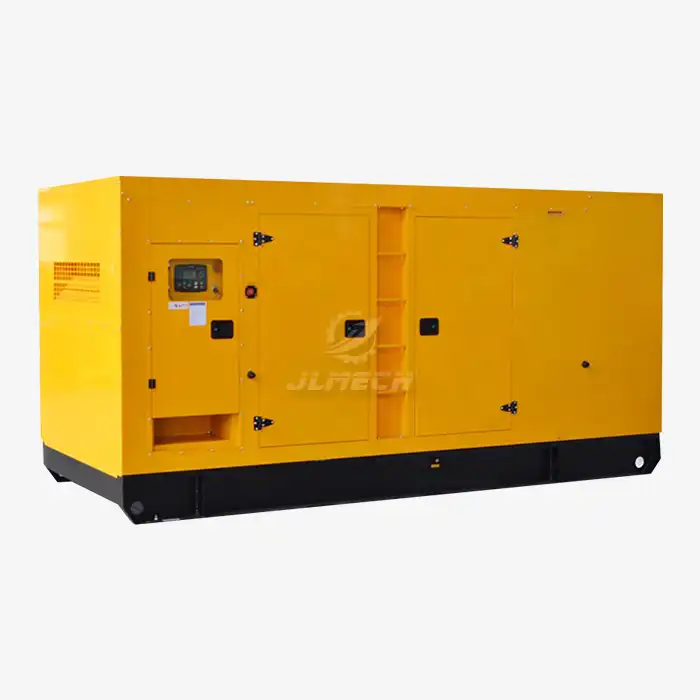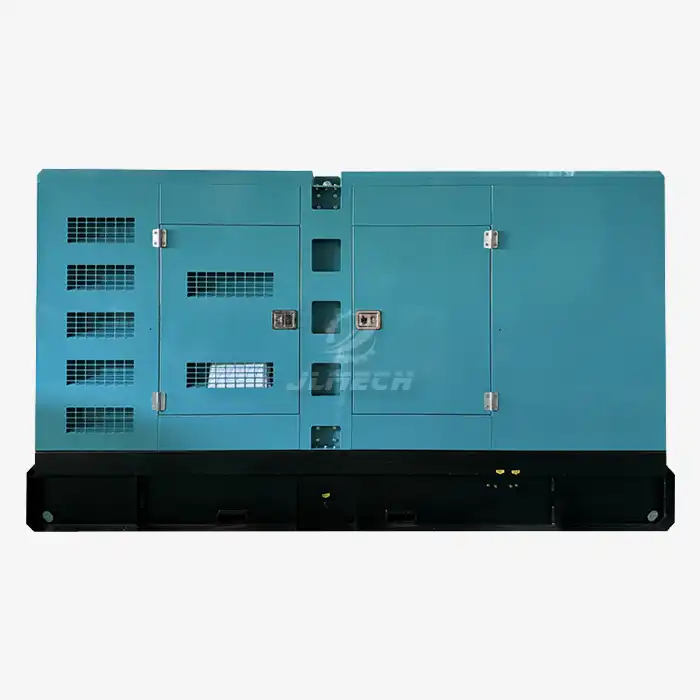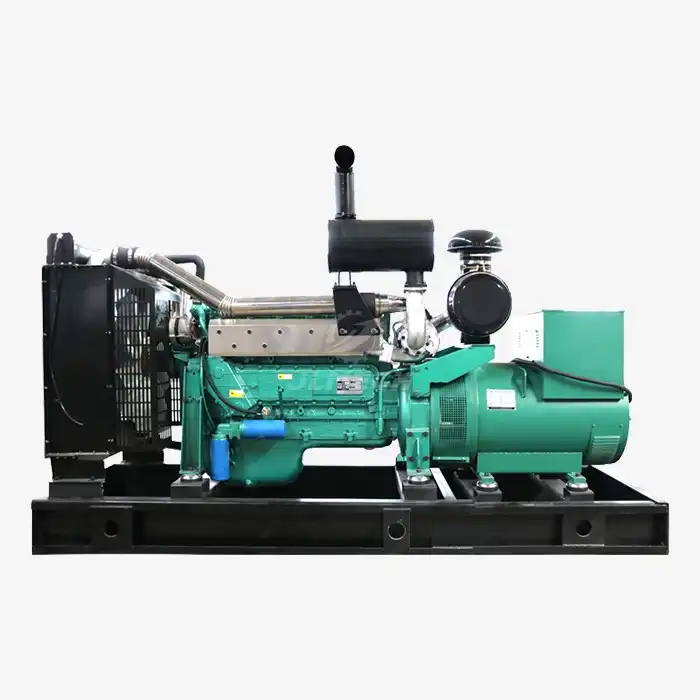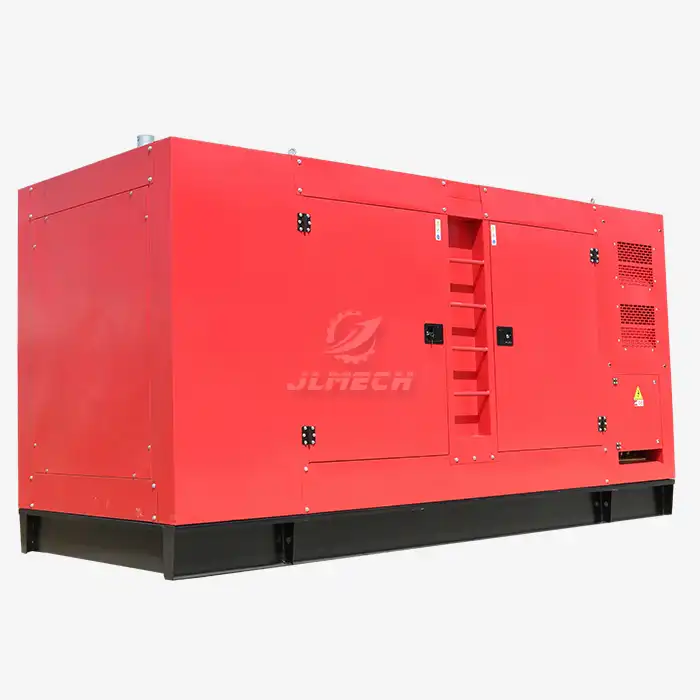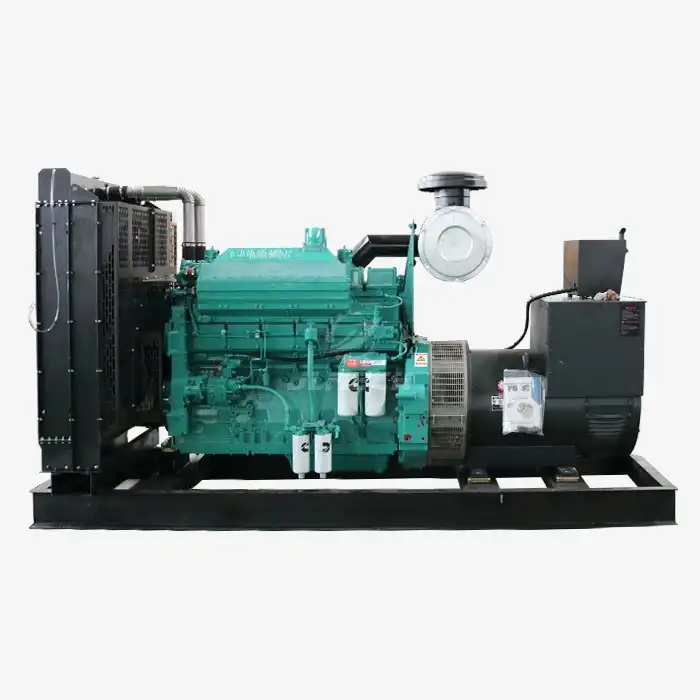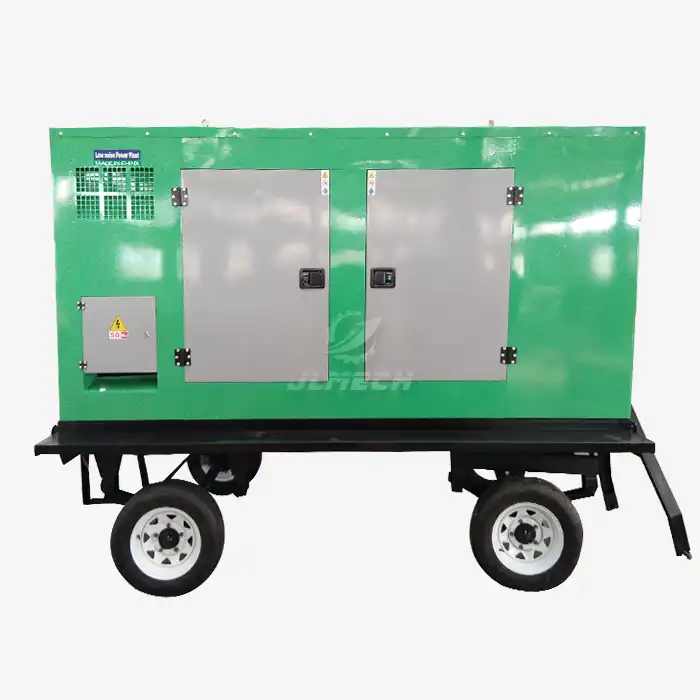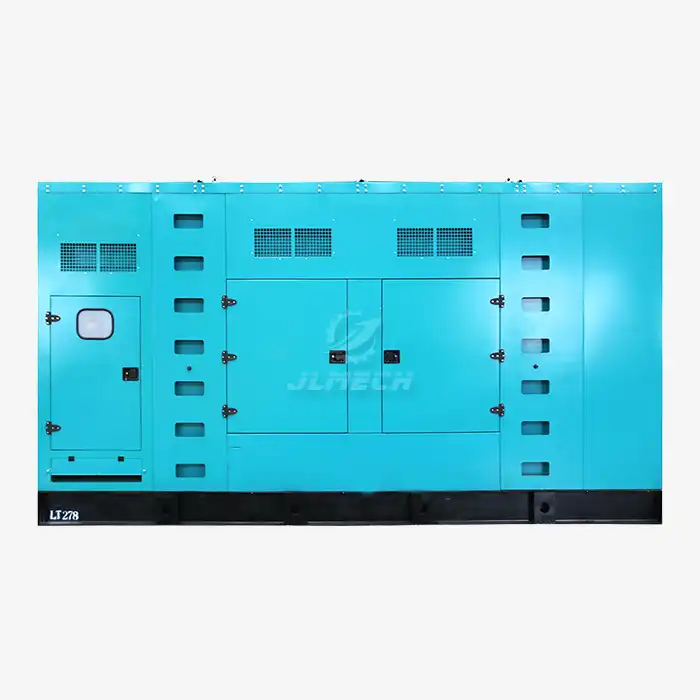What is the disadvantage of a portable power station?
While portable power stations are praised for their convenience in certain applications, they come with significant limitations—especially when compared to more robust power solutions like diesel generator construction. For industrial, construction, and emergency backup uses, diesel-powered generators remain a far more reliable and powerful choice.

Size and Weight: Practical Limits to “Mobility”
Although often called “trailer-type,” diesel portable generators are considerably larger and heavier than small portable power stations. This presents real-world mobility challenges:
Substantial Weight: Even compact diesel generators can weigh between 200 kg and 800 kg, requiring appropriate vehicles and equipment for transportation.
Limited True Portability: Moving these units often demands planning, permits in some cases, and suitable access roads or terrain.
Setup Requirements: Proper installation often requires a flat, stable surface—something not always available in remote or temporary sites.
Despite these limitations, modern diesel generator construction incorporates design features like integrated trailers, lifting eyes, and balanced weight distribution to improve mobility for industrial applications.
Noise and Emissions: Environmental and Operational Constraints
Diesel generators do produce more noise and emissions than battery-based portable power stations—a fact that must be acknowledged:
Noise Levels: Ranging from 70 to 90 dBA, diesel generators may require soundproof enclosures or placement away from residential areas or noise-sensitive environments.
Exhaust Emissions: Diesel engines produce CO2, NOx, and particulate matter, making ventilation and emission controls important—especially under stricter environmental regulations.
Regulatory Compliance: In urban sites or eco-sensitive zones, emissions and noise regulations may limit generator use or require additional mitigation equipment.
It should be noted, however, that advancements in diesel generator construction—including acoustic enclosures, advanced engine design, and emission after-treatment—have significantly reduced these impacts in newer models.
Fuel Dependency: Operational Cost and Supply Challenges
One of the most commonly cited drawbacks of diesel generators is their dependence on fuel:
Ongoing Fuel Costs: Diesel prices can be volatile, adding variable and sometimes unpredictable operating expenses.
Refueling Logistics: In remote locations or during extended outages, ensuring a steady fuel supply can be challenging and may require additional storage tanks or delivery arrangements.
Maintenance Requirements: Regular servicing—such as oil changes, filter replacements, and coolant checks—is necessary to ensure reliability, adding to the total cost of ownership.
That said, diesel fuel is widely available across the globe, offers high energy density, and modern diesel generator construction emphasizes fuel efficiency and longer maintenance intervals, helping to reduce these burdens.
Conclusion: The Right Power Solution for the Right Application
Portable power stations have their place—particularly for low-power, short-duration, or indoor applications where silence and zero emissions are required. However, for high-power demands, extended runtime, and rugged environments, diesel generators remain the industry standard.
Their robustness, ability to handle heavy loads, and operational continuity under demanding conditions make them indispensable on construction sites, for emergency backup, and in off-grid industrial applications.
Modern diesel generator construction continues to evolve, integrating digital controls, improved fuel efficiency, and hybrid-ready designs that align with future energy trends.
Partner with JLMECH for Your Power Needs
At JLMECH, we specialize in durable and efficient diesel power solutions. With years of expertise in generator manufacturing and a steadfast commitment to quality, we help businesses navigate their unique power requirements.
Our team offers:
Customized generator designs tailored to specific operational needs.
Generators built with precision and tested for reliability in real-world conditions.
End-to-end support—from selection and installation to maintenance and parts supply.
Let our experts assist you in choosing the ideal power solution. Email us at skala@whjlmech.com to learn more about our products and discuss how we can support your projects with high-performance, dependable diesel generators.
References
1. Roberts, K. (2022). Power Generation Technologies: Comparing Diesel, Gas, and Battery Systems. Energy Engineering Review, 38(4), 112-126.
2. Wilson, D., & Zhang, L. (2023). Emissions Control in Medium-Speed Diesel Engines. Journal of Sustainable Power Systems, 15(2), 45-60.
3. International Organization for Standardization. (2021). ISO 8528:2021 – Reciprocating internal combustion engine driven alternating current generating sets.
4. Peterson, A. (2023). Fuel Logistics and Storage for Remote Generator Applications. Energy and Infrastructure Journal, 29(1), 88-102.
5. Müller, J. (2022). Advances in Diesel Engine Design for Reduced Noise and Vibration. Engineering Today, 47(3), 74-81.



